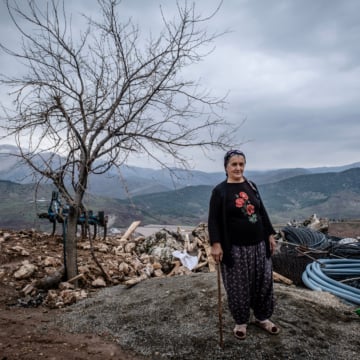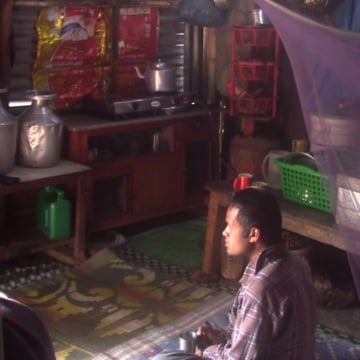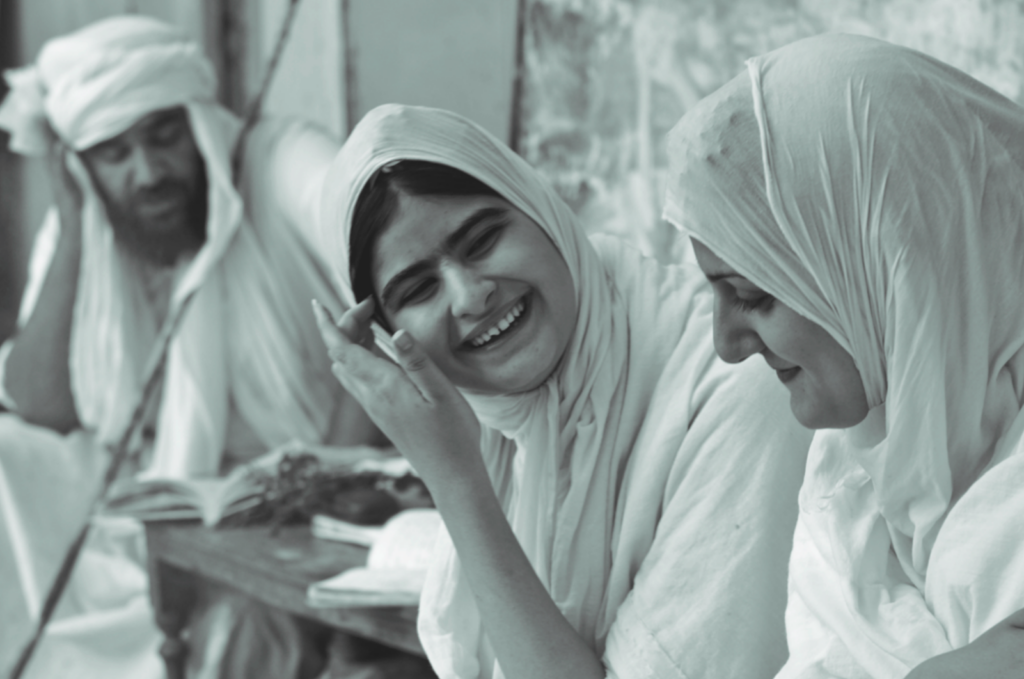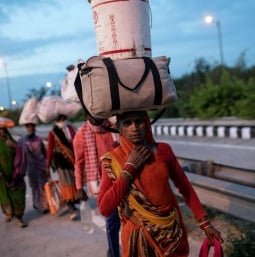Celebrating Batwa heritage
About us
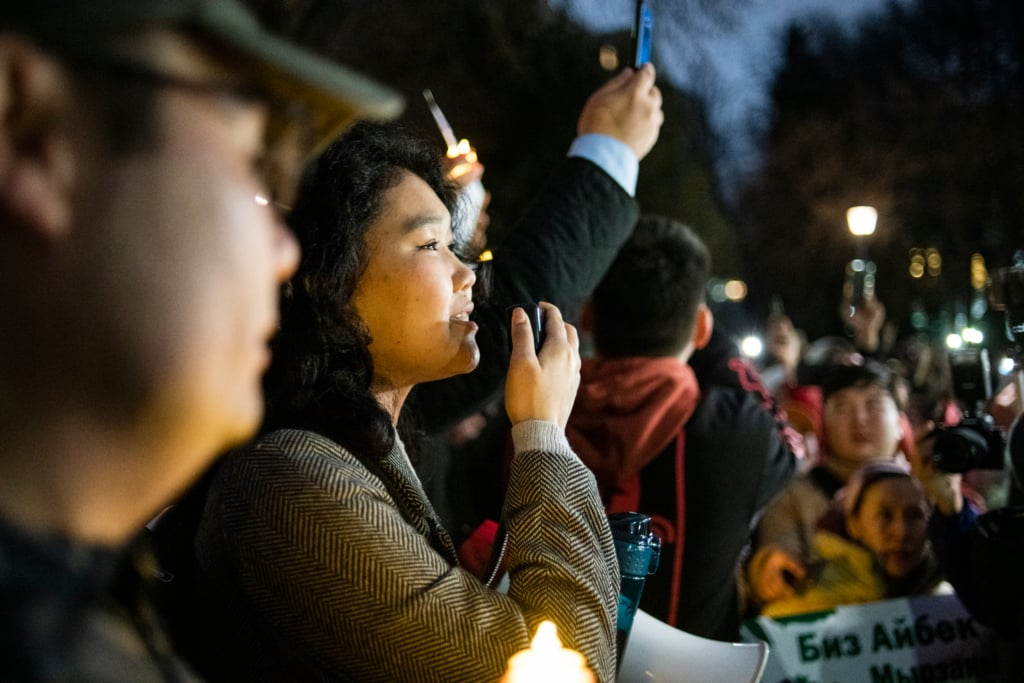
Our strategy
We work with minority and indigenous communities towards a world where they can live in peace and on an equal basis with others.
-
Who we are
We work worldwide with 300 community organizations to defend minority and indigenous rights.
-
What we do
From advocacy and litigation to documentary films and research, our work is tailored to the needs of the communities we work with.
-
Our people
Meet our dedicated team based in 30 countries worldwide.
-
Coalitions and networks
We join forces with like-minded organizations to challenge the power structures that exclude and silence.

Donate to defend diversity
From land rights in Kenya to freedom of religion in Pakistan, you can support our work to defend minority and indigenous rights.
Find out more£15/month
Voices
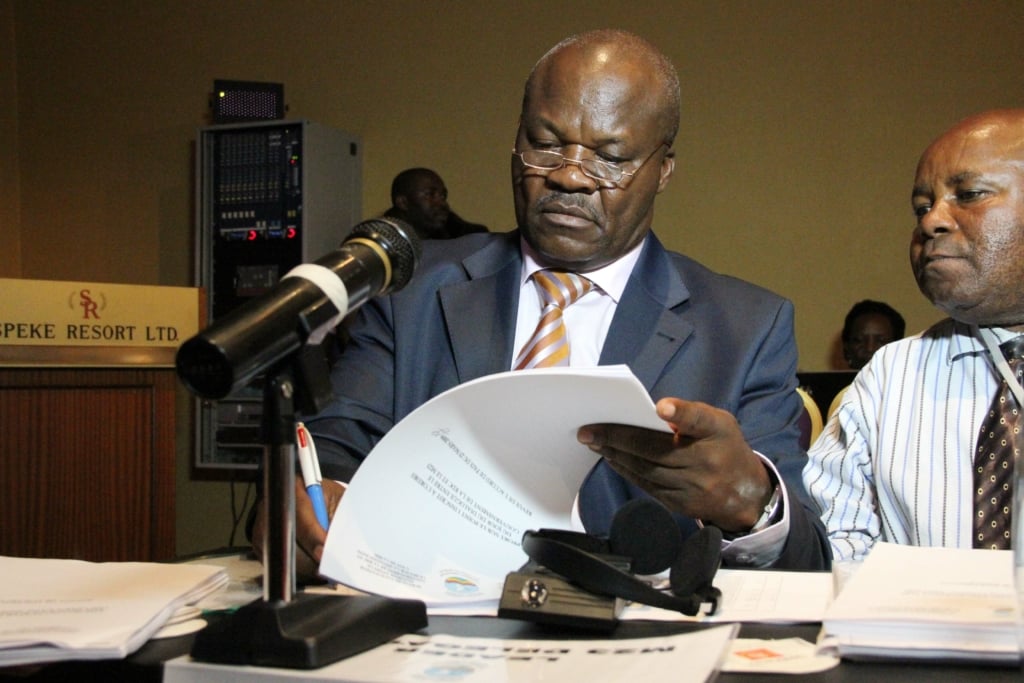
Upcoming Trial of Congolese Warlord in France is a Historic…
On 6 November, three French investigative judges indicted former Congolese warlord Roger Lumbala Tshitenga for his alleged complicity in and conspiracy to commit crimes against humanity including murder, torture, rape, pillage and enslavement, including sexual slavery, in the Democratic Republic of…
-
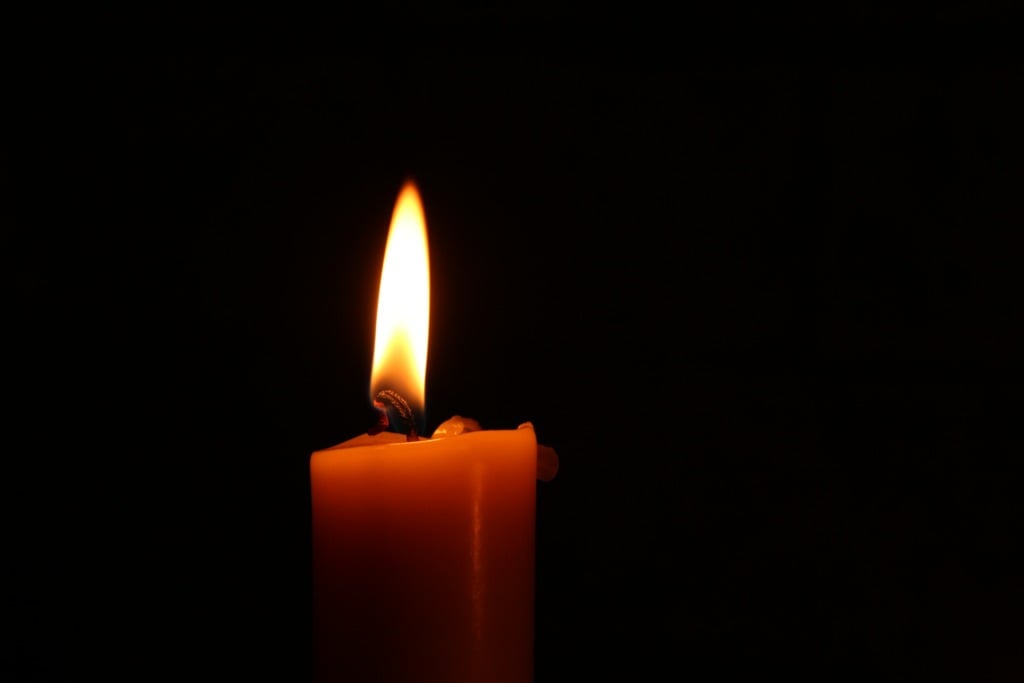
Memory alone is not enough
To honour the memory of the Holocaust is to translate memory into action. The complicity of states must end. Never again is now. It must be…
-

Who can participate in the fight for minority and indigenous rights?
To change your situation, you need to know what your rights are. But the world of human rights and its complex ecosystem of reports,…
-
Our strategy
We work with ethnic, religious and linguistic minorities, and indigenous peoples to secure their rights and promote understanding between communities.
-
-
![]() Kasiet Mamyrbay, daughter of detained human rights activist Rita Karasartova, speaking during the #Reaction march, a peaceful protest supporting prisoners in the Kempir-Abad case. Bishkek, Kyrgyzstan. 25 November 2022. Credit: Danil Usmanov.
Kasiet Mamyrbay, daughter of detained human rights activist Rita Karasartova, speaking during the #Reaction march, a peaceful protest supporting prisoners in the Kempir-Abad case. Bishkek, Kyrgyzstan. 25 November 2022. Credit: Danil Usmanov.







